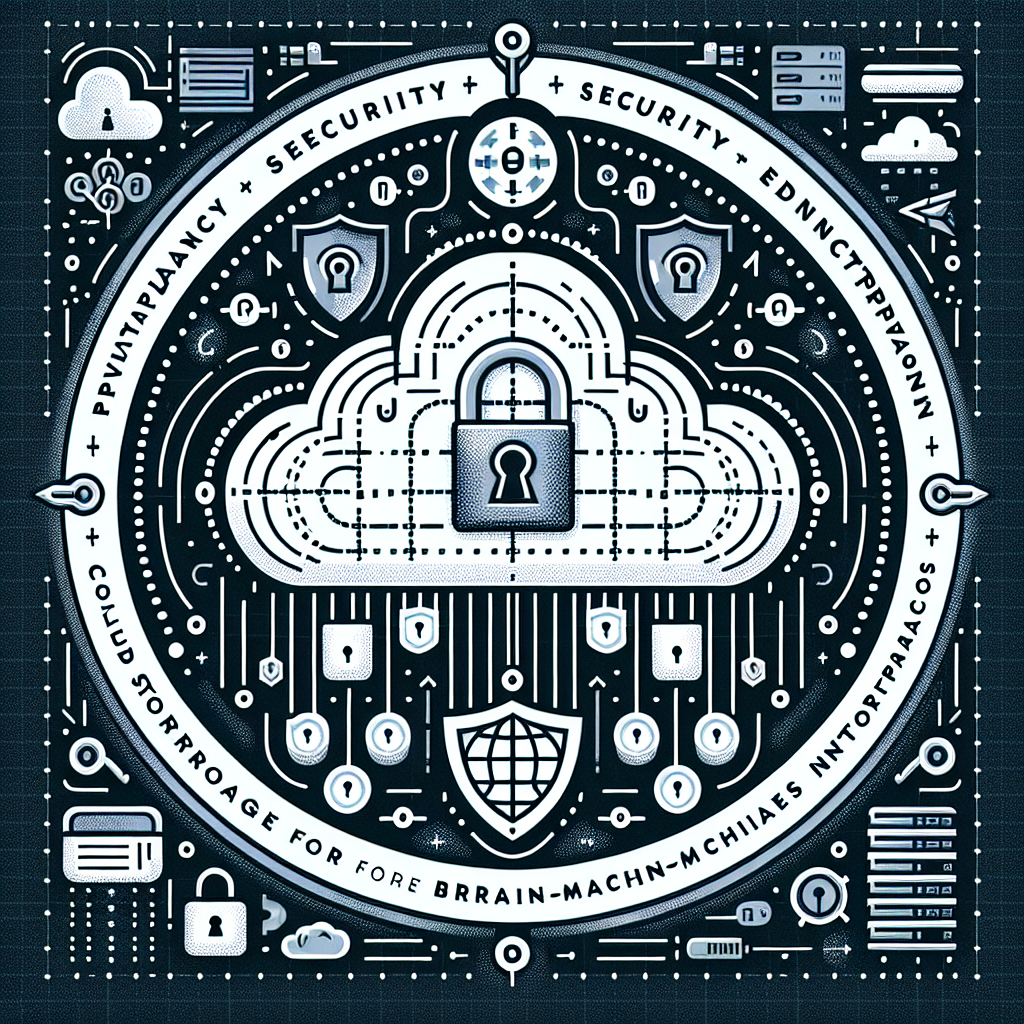Unlock encrypted content
Please enter your SSCE key to initiate on-the-fly decryption.
Decryption key: (Click cancel if you don't have the key)
Copied link to clipboard.
This feature is unavailable for free accounts. Upgrade now and enjoy all Premium benefits.
Go Premium!
This feature is unavailable for free accounts. Upgrade now and enjoy all Premium benefits.
Go Premium!
Please open this page in browser ( Google Chrome or Safari ) to use this feature.
Open In Browser
Advanced File Management for Secure and Efficient Collaboration.
Random related video for this blog.
Copied share link to clipboard.
The world is moving towards a more collaborative approach to work, and technology is playing a vital role in making this possible. With the advent of 5G technology, automated file retention policies, advanced metadata management, cloud storage, and free data security, collaborating on projects has become easier and more efficient than ever before. In this article, we will explore how these technologies are changing the way we work and provide examples of how they can be used to increase productivity and security.
5G Technology
5G technology is the next big thing in the world of mobile telecommunications. It promises faster download and upload speeds, lower latency, and higher bandwidth than its predecessor, 4G. These features make it ideal for collaborative work, especially when it comes to video conferencing, file sharing, and real-time collaboration.
For example, a team of designers working on a project can use 5G technology to share large files with each other in real-time. They can also use video conferencing to discuss the project, which will be seamless due to the low latency of 5G. This will save time and increase productivity, as the team can work on the project together without having to wait for files to download or for video calls to connect.
Automated File Retention Policies
Automated file retention policies are becoming increasingly popular in the world of file management. They allow organizations to automatically delete or archive files after a certain period of time. This feature is particularly useful for businesses that deal with sensitive information and need to comply with data retention laws.
For example, a healthcare organization can use automated file retention policies to ensure that patient data is deleted after a certain period of time. This will help the organization comply with data retention laws and ensure that patient data is not kept longer than necessary.
Advanced Metadata Management
Metadata is data that describes other data. In the world of file management, metadata is used to describe files, such as their size, type, and date of creation. Advanced metadata management allows organizations to manage their files more efficiently by providing more detailed information about them.
For example, a marketing team can use advanced metadata management to organize their files by campaign, type of content, and date of creation. This will help the team find the files they need more quickly, which will save time and increase productivity.
Cloud Storage
Cloud storage has become an essential tool for collaborative work. It allows users to store and share files online, making it easy for teams to collaborate on projects regardless of their location. Cloud storage also provides a backup solution, ensuring that files are not lost due to hardware failure or other issues.
For example, a team of writers working on a book can use cloud storage to share their files with each other and their editor. They can also use the backup feature to ensure that their work is not lost due to a computer crash or other issues.
Free Data Security
Data security is a major concern for organizations, especially those that deal with sensitive information. Free data security tools, such as encryption and two-factor authentication, can help organizations protect their data without breaking the bank.
For example, a law firm can use encryption to protect their client data from unauthorized access. They can also use two-factor authentication to ensure that only authorized users can access their files.
Collaborative Video Editing
Collaborative video editing is becoming increasingly popular, especially in the world of media and entertainment. It allows teams to work on video projects together, regardless of their location. This is made possible by cloud storage and real-time collaboration tools.
For example, a team of filmmakers working on a documentary can use collaborative video editing to work on the project together, even if they are in different parts of the world. They can use cloud storage to store their footage and real-time collaboration tools to edit the footage together.
File Backup
File backup is an essential tool for any organization that values their data. It ensures that files are not lost due to hardware failure, accidental deletion, or other issues. File backup can also provide a way to recover from a ransomware attack.
For example, a small business can use file backup to ensure that their data is not lost due to hardware failure. They can also use it to recover from a ransomware attack, which can be devastating for small businesses.
In conclusion, advanced file management tools are changing the way we work. 5G technology, automated file retention policies, advanced metadata management, cloud storage, and free data security are all essential tools for collaborative work. They allow teams to work together more efficiently and securely, regardless of their location. File backup and collaborative video editing are also important tools that can increase productivity and ensure that data is not lost due to hardware failure or other issues. With the right tools and strategies, organizations can take advantage of these technologies to increase productivity and stay ahead of the competition.
FileLu cloud storage offers a range of premium plans that provide large file transfer capabilities and secure file management. With plans ranging from 256 GB to 500 TB at prices as low as $2.50 per month, FileLu is an affordable and reliable option for organizations of all sizes. Try it out today and see how it can help your team work more efficiently and securely.
By Amelia Isabella.
Email: [email protected]
Related
The Future of Technology: Integrating Virtual Reality, Autonomous Driving, and...
August 27, 2025
Read More
Innovations in Cloud Storage and Data Management: Navigating the Future...
September 3, 2025
Read More
The Future of File Storage: Exploring Cryonics, Transhumanism, and Advanced...
September 7, 2025
Read More
The Future of Cloud Storage: Innovations in Scalable Storage, Synchronization,...
September 10, 2025
Read More
The Future of Technology: Data Privacy, Self-Driving Cars, and Hybrid...
September 21, 2025
Read More
Revolutionizing Data Management: Innovations in Storage, Security, and Sustainable Technology.
September 24, 2025
Read More
Exploring the Future of Data Management: Security, Efficiency, and Cognitive...
September 28, 2025
Read More
The Future of Data Storage: Exploring Advanced Encryption, Mobile Integration,...
October 5, 2025
Read More
Emerging Technologies: Exploring the Impact of File Access Auditing, Genetic...
October 19, 2025
Read More
Emerging Technologies Revolutionizing File Management: From Li-Fi to Robust Collaboration...
October 26, 2025
Read More
The Future of Autonomous Technologies: Innovations in Robotics, File Sharing,...
October 29, 2025
Read More
The Future of Cloud Storage: How FileLu Empowers Creative Professionals...
November 2, 2025
Read More
The Future of File Sharing: Exploring User-Friendly Solutions and Data...
November 5, 2025
Read More
Popular
Latest
The Future of Digital Transformation: Exploring Smart Homes, Efficient File...
November 30, 2025
Read More
Exploring the Benefits of Cloud Storage and Innovative Technologies in...
November 26, 2025
Read More
The Future of Technology: Exploring Biohacking, Space Tourism, and Digital...
November 23, 2025
Read More
The Future of File Sharing: Streamlined Workflows for Photographers and...
November 19, 2025
Read More
Exploring the Intersection of Technology: From Cybersecurity to Augmented Reality...
November 16, 2025
Read More
The Future of File Management: Embracing Edge Computing and Efficient...
November 12, 2025
Read More
The Future of File Sharing: Exploring User-Friendly Solutions and Data...
November 5, 2025
Read More
The Future of Cloud Storage: How FileLu Empowers Creative Professionals...
November 2, 2025
Read More
The Future of Autonomous Technologies: Innovations in Robotics, File Sharing,...
October 29, 2025
Read More
Emerging Technologies Revolutionizing File Management: From Li-Fi to Robust Collaboration...
October 26, 2025
Read More
Emerging Technologies: Exploring the Impact of File Access Auditing, Genetic...
October 19, 2025
Read More
The Future of Data Storage: Exploring Advanced Encryption, Mobile Integration,...
October 5, 2025
Read More
Exploring the Future of Data Management: Security, Efficiency, and Cognitive...
September 28, 2025
Read More
Revolutionizing Data Management: Innovations in Storage, Security, and Sustainable Technology.
September 24, 2025
Read More









